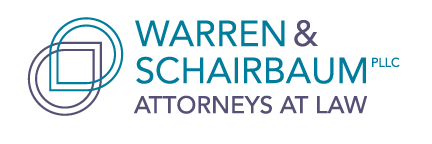Understanding Special Needs Terms
Navigating the maze of special needs public assistance can be confusing and frustrating. Understanding the terminology makes things a bit easier. Here’s a list of common terms you should know.
ABLE or MiABLE Account. Passed in 2014, the Achieving a Better Life Experience Act (ABLE Act) allows tax-advantaged accounts to be created so people with disabilities can save private funds and use them to help cover costs that support their health, independence, and quality of life. Accounts in Michigan are sometimes called MiABLE accounts.
Beneficiary. The Beneficiary is the person that the trust was established for—the person who receives disbursements and benefits of the trust.
Qualified Disability Expense (QDE). An expense incurred by an eligible disabled person, which is related to their disability and helps maintain or improve health, independence, or quality of life. These expenses can include:
- Education
- Housing
- Transportation
- Employment training and support
- Assistive technology and personal support services
- Health and wellness
- Financial management
- Administrative services
- Legal fees
- Oversight and monitoring expenses
- Funeral and burial expenses
Special needs trust (SNT). A specific type of trust created by a family member to benefit a disabled person. The trust helps ensure financial wellbeing while not affecting that person’s eligibility for government benefits.
First-party SNT. An SNT that is funded by the disabled person’s own resources.
Third-party SNT. An SNT that is funded by the resources of someone other than the disabled beneficiary, such as a parent or other family member.
Trustee. This is the person authorized by the trust document to manage the funds in the trust and to make authorized disbursements to the beneficiary.
